The Definitive Ranking of the World’s Richest Football Clubs in 2025
Football has evolved from a beloved sport into an unparalleled global business, attracting investments from the world’s wealthiest nations and corporations. The financial might of top clubs allows them to sign elite players, capture major titles, and cultivate gigantic fan bases-all while generating tremendous income through sponsorship, broadcasting, and merchandising deals. In 2025, the monetary race among football’s leading teams reflects not only sporting prowess but a blend of heritage, strategic investments, and worldwide influence.
The Financial Titans of World Football
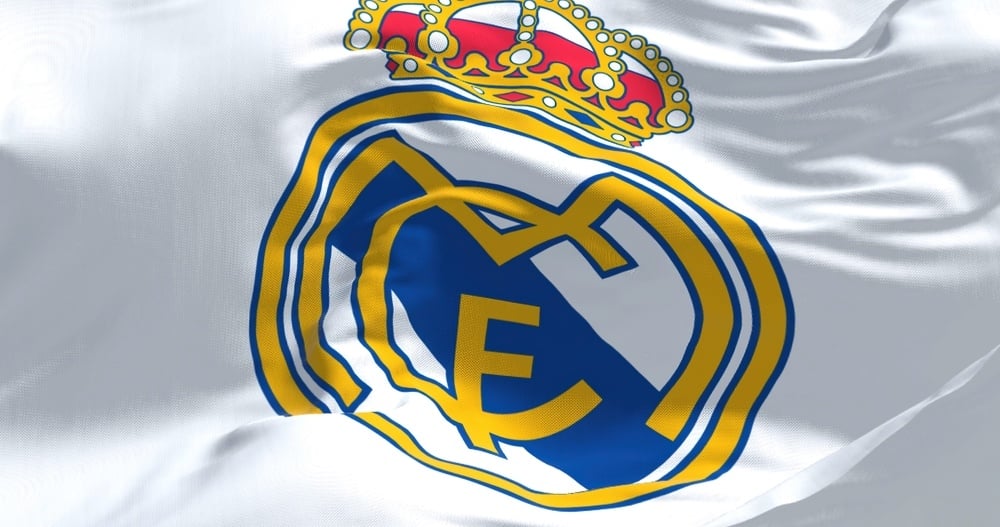
Image Credit: Rarrarorro/Shutterstock
Below is a detailed look at the world’s wealthiest football clubs, examining what propels these organizations to the top of the financial table and how their successes continue both on and off the pitch in 2025.
Real Madrid: Leading the Wealth Rankings
Real Madrid, illustrious for its 36 La Liga titles and 15 European Cups, is a name synonymous with success and affluence in football. Founded in 1902 by graduates from Oxford and Cambridge, the Spanish giants adopted an all-white kit as tribute to England’s Corinthian club. Over 12 decades later, Real Madrid continues to excel-hosting superstars like Kylian Mbappé and Jude Bellingham. In 2024, the club was valued at nearly $6.6 billion, a testament to its enduring global appeal and consistent triumphs in elite competitions.
Manchester United: The Powerhouse From England
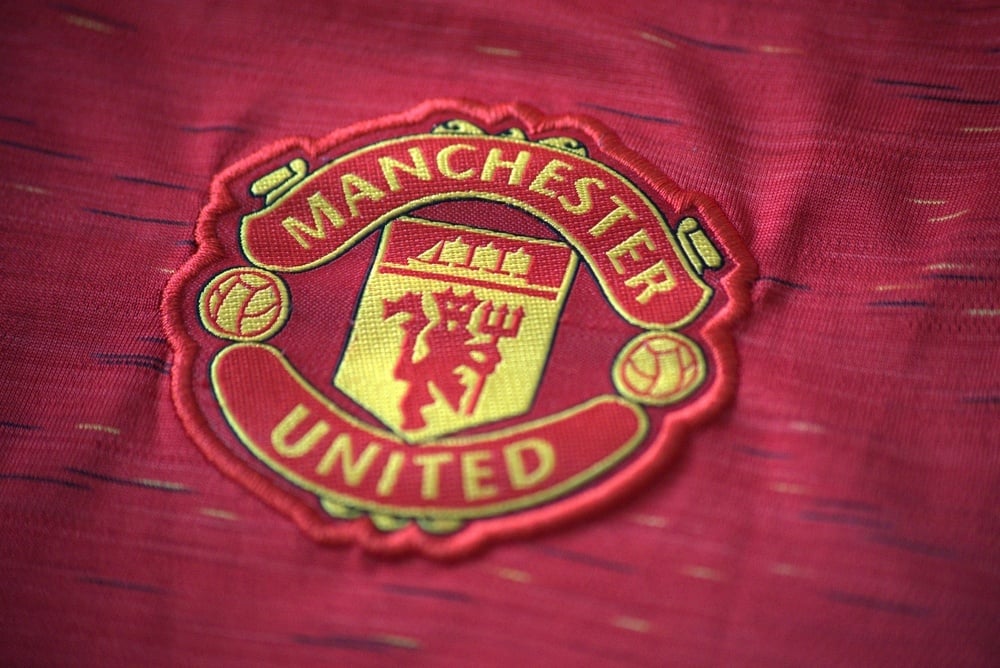
Image Credit: Milosz Kubiak/Shutterstock
Never far from the footballing spotlight, Manchester United remains one of sport’s most recognized and influential teams. Transitioning from Newton Heath in 1878 to their current identity, United boasts 20 Premier League crowns and four major European trophies. The club’s commercial strength is legendary: in the 2023/24 season, they surpassed $220 million in broadcast revenue, $166 million from sponsors, and exceeded $100 million in retail sales. Despite on-field struggles in recent years, Manchester United’s global reach keeps its valuation high-standing at $6.5 billion in 2024.
FC Barcelona: Global Superstars and Commercial Challenges
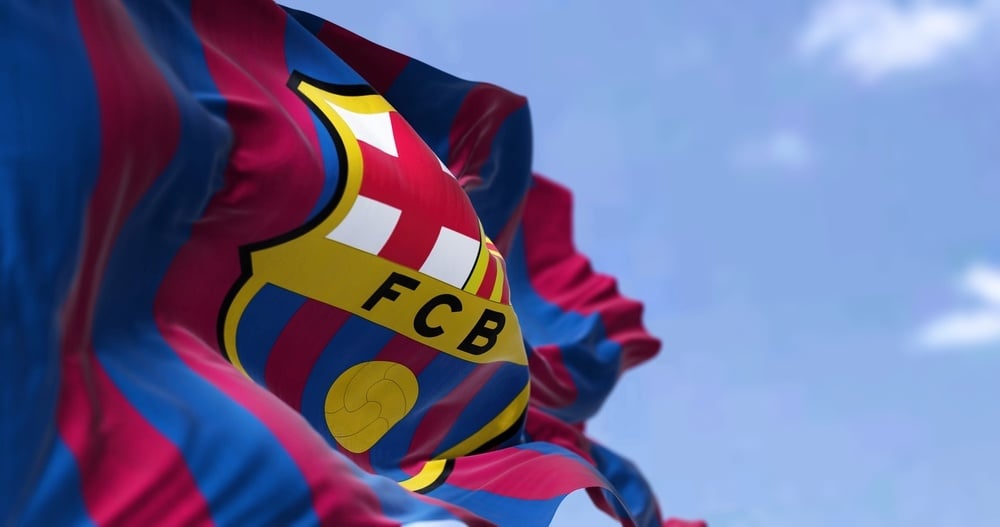
Image Credit: Milosz Kubiak/Shutterstock
Barcelona’s remarkable tally of 27 La Liga and 31 Copa del Rey titles reflects its status as a football titan. Home to legends from Messi to Ronaldinho, the club secured a landmark $129 million annual sponsorship with Nike in 2024. Despite these successes, Barcelona has been hampered by financial woes, carrying an estimated $1.4 billion in debt on a $4.1 billion valuation. Nevertheless, Barça remains central to football’s financial landscape.
Liverpool FC: Champions On and Off the Field
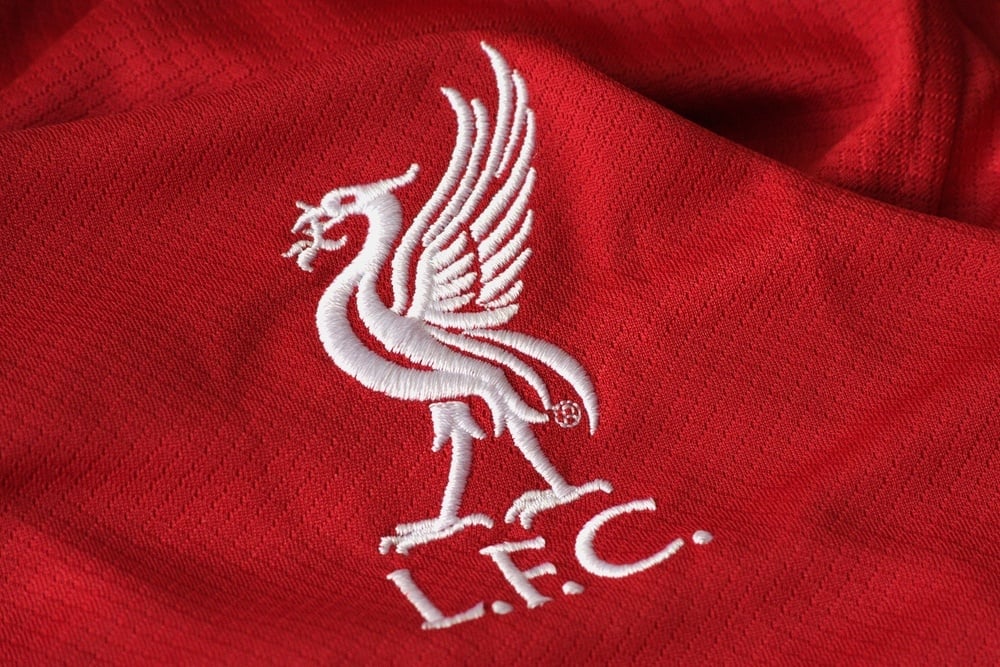
Image Credit: Milosz Kubiak/Shutterstock
Liverpool, run by the Fenway Sports Group, achieved extraordinary financial and competitive success in recent years. With a 2024 valuation of $5.7 billion, the club generated almost $725 million in revenue and $137 million in merchandise sales that year. Anfield’s 61,000 seats were sold out for every first-team match in 2023/24. Major partnerships with Standard Chartered ($63 million/year) and Nike ($36 million/year) reinforce Liverpool’s commercial strength and reputation as one of the world’s best-run football organizations.
Bayern Munich: The Colossal Force of Germany
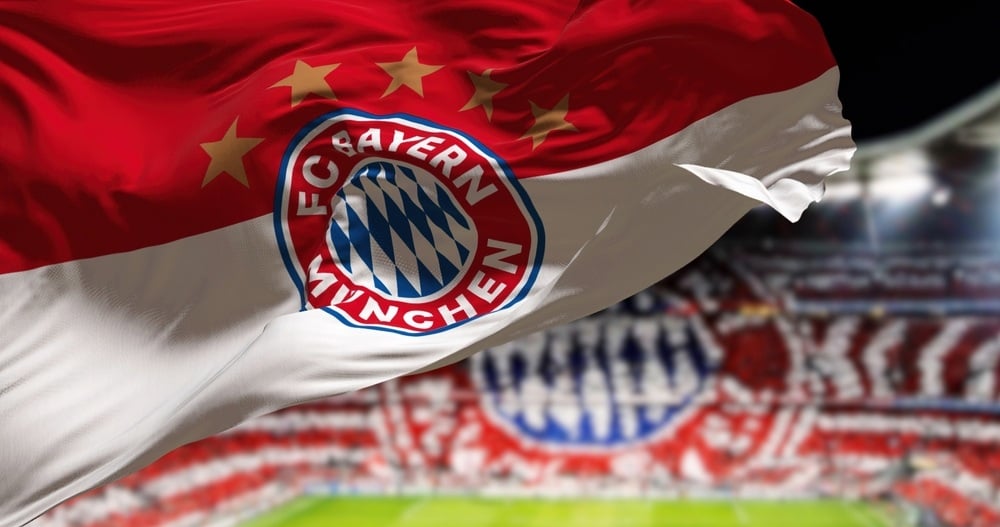
Image Credit: Rarrarorro/Shutterstock
Bayern Munich dominates German football, reflecting both sporting excellence and astute financial management. Known as FC Hollywood due to its superstar roster, Bayern is owned and sponsored in part by German giants like Adidas (share acquired for $78 million in 2002), Audi ($92 million in 2009), and Allianz ($116 million in 2014). Its hybrid ownership model has made Bayern both a football and business powerhouse, with Forbes estimating its value at $5 billion and annual revenues near $700 million.
Paris Saint-Germain: Middle Eastern Investment Drives Expansion
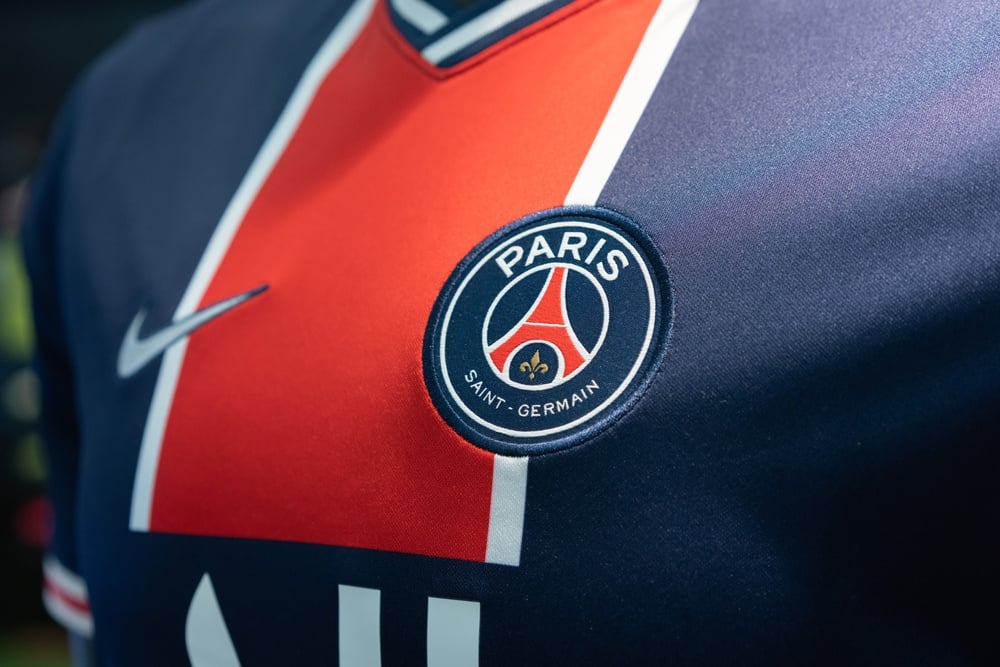
Image Credit: Charnsitr/Shutterstock
Paris Saint-Germain (PSG), backed by Qatar’s sovereign wealth fund since 2011, has rapidly ascended the international financial rankings. The Qatari Emir’s direct involvement facilitated marquee signings such as Neymar and Messi, driving global relevance and sponsorship growth. By 2022/23, PSG generated $822 million in income and, as of 2024, holds a valuation of $4.4 billion.
Manchester City: Global Network, Rapid Rise
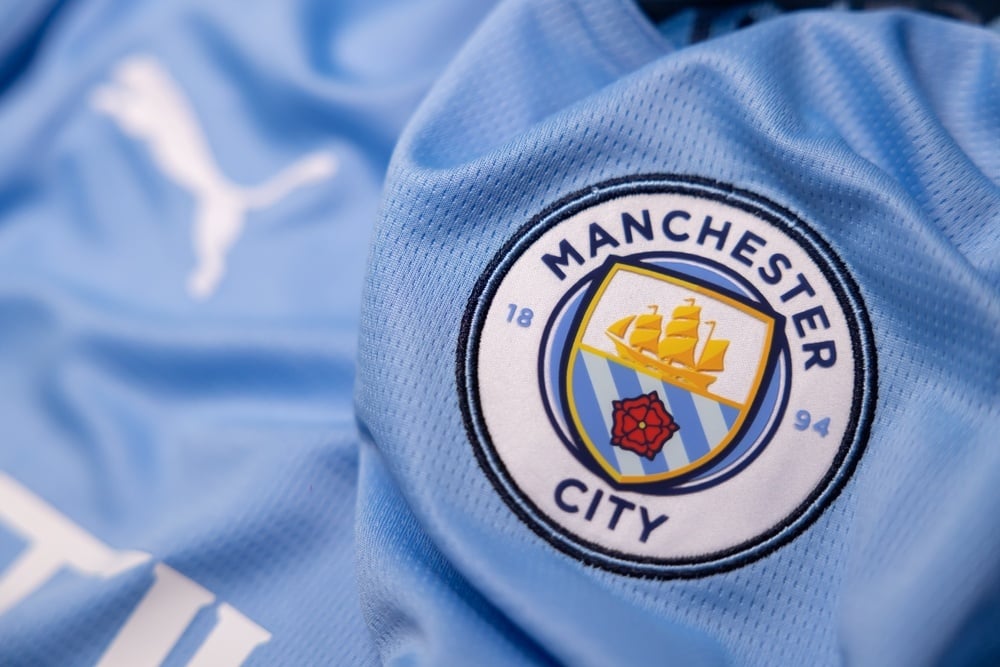
Image Credit: Milosz Kubiak/Shutterstock
Under the stewardship of the Emirati-owned City Football Group, Manchester City’s brand has expanded worldwide, encompassing clubs in Australia, the USA, and Spain. Since the 2008 Abu Dhabi takeover, City has accrued eight Premier League titles, a Champions League win, and multiple domestic cups. The group drives a holistic commercial model, with Manchester City’s valuation reaching $5.1 billion in 2024.
Chelsea FC: From Russian Wealth to American Ambitions
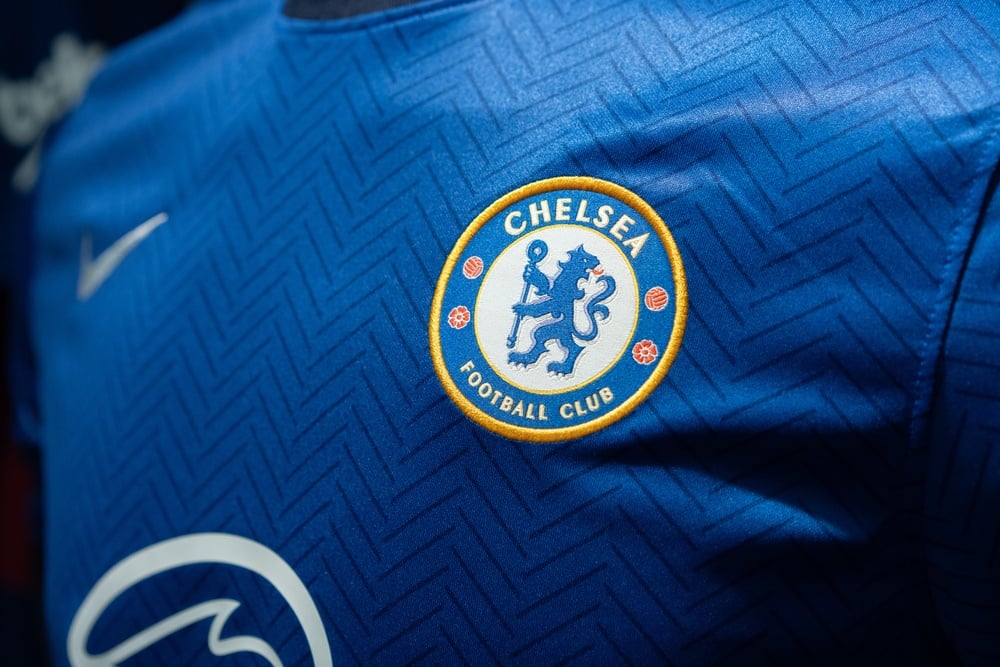
Image Credit: Charnsitr/Shutterstock
Chelsea FC’s transformation began with the 2003 purchase by Russian billionaire Roman Abramovich, who propelled the club to the summit of English football. Following the club’s sale to American investor Todd Boehly in 2022, Chelsea has sustained its commercial and competitive ascent. By 2024, the club’s estimated value was $3.1 billion.
Tottenham Hotspur: Strategic Growth and Stability
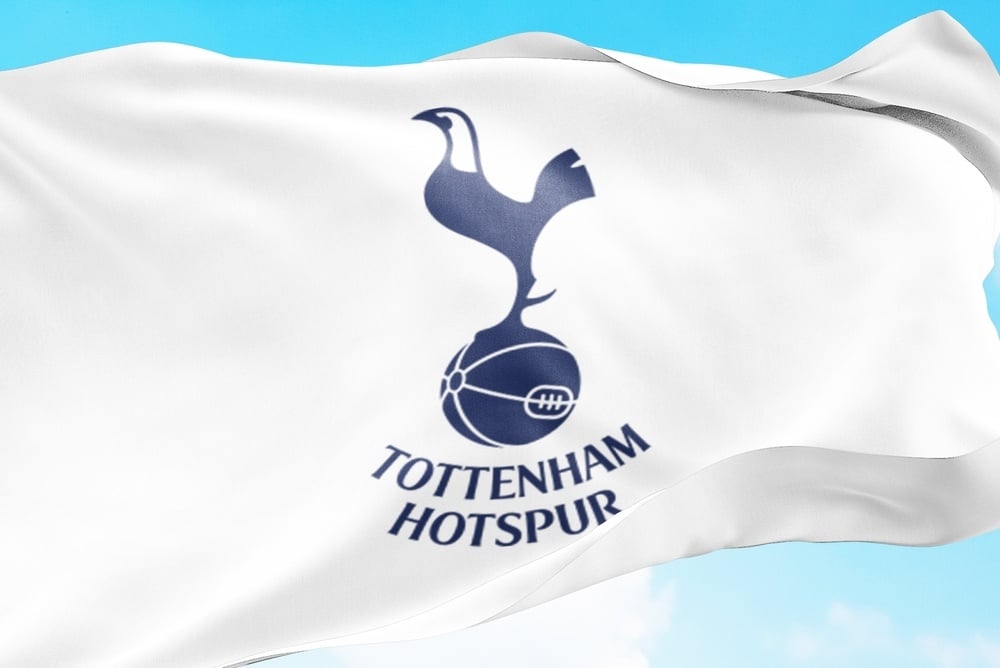
Image Credit: Rarrarorro/Shutterstock
Tottenham Hotspur’s financial trajectory has risen under Daniel Levy’s prudent management. The club’s investments in squad and stadium have allowed it to compete with the sport’s elite, culminating in a $3.2 billion valuation and $647 million in annual revenue according to 2024 figures.
Juventus: Italian Heritage and Global Ambition
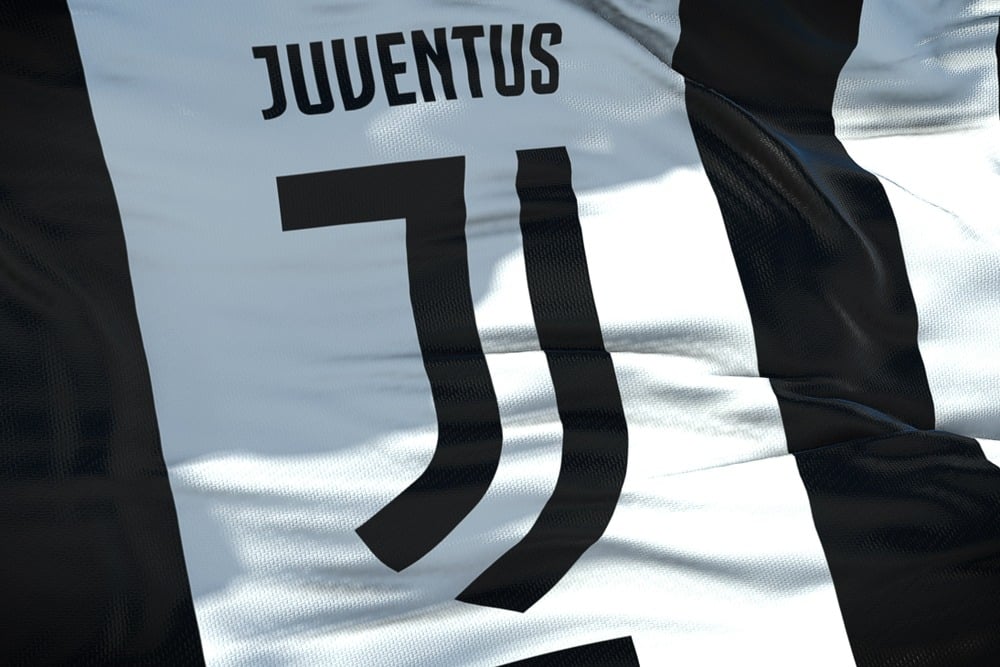
Image Credit: Rarrarorro/Shutterstock
Under the ownership of the Agnelli family since 1922, Juventus remains a pillar of success in Italian football, with 71 titles-including two European Cups. Despite setbacks like the 2006 Calciopoli scandal, the club reasserted itself with an unbeaten 2011-12 season and ten consecutive Serie A crowns. Today, Juventus generates approximately $443 million in revenue and has an estimated value of $2 billion.
Arsenal FC: North London’s Commercial Gem
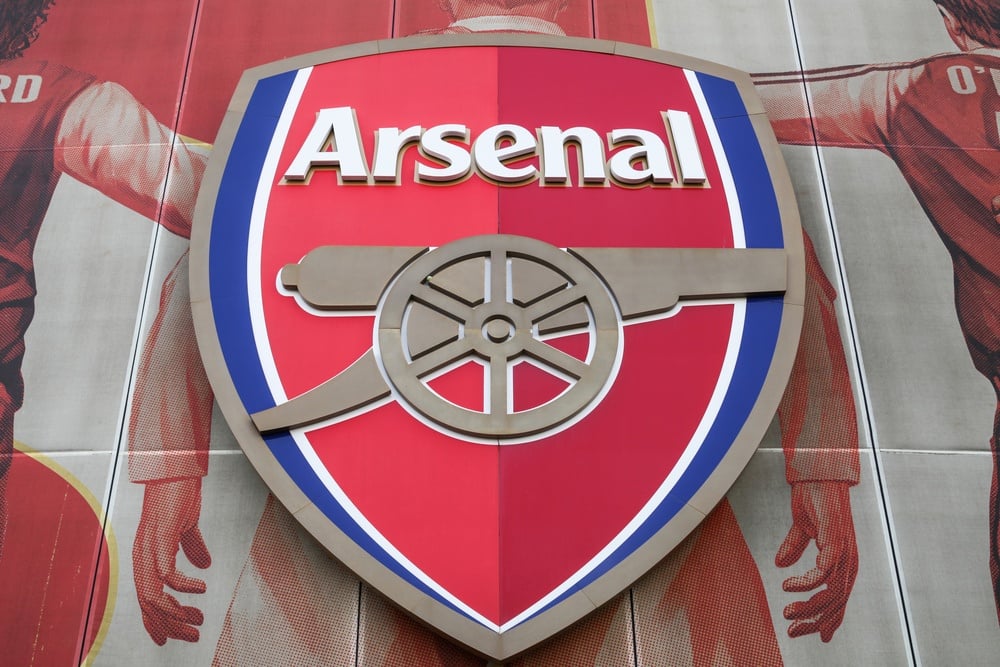
Image Credit: Michael715/Shutterstock
Arsenal’s history spans 13 league titles, 14 FA Cups, and European glory. The unbeaten “Invincibles” squad of 2003-04 etched the club into football folklore. Arsenal’s combination of commercial savvy and on-field achievement has led to a $2.6 billion valuation and nearly $544 million in annual revenue in 2024.
Borussia Dortmund: Nurturing Talent, Building Value
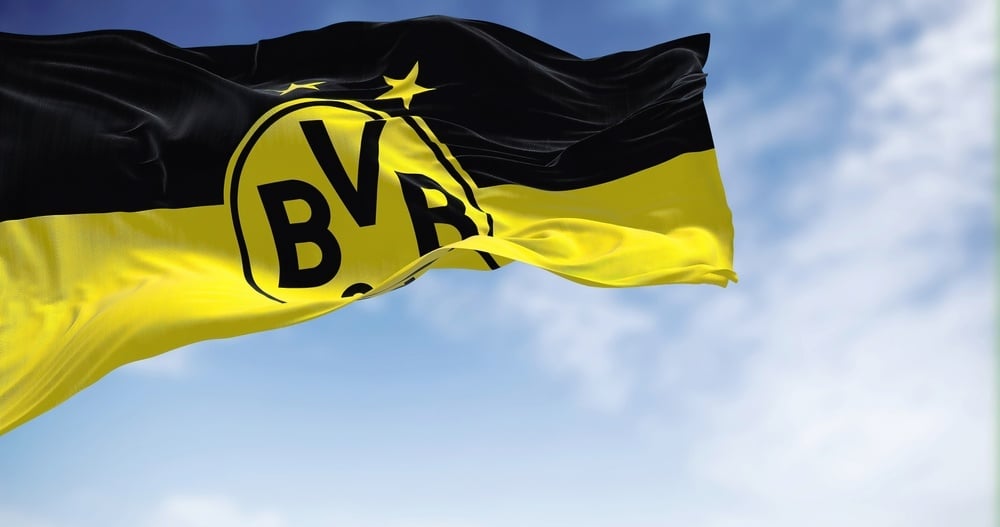
Image Credit: Rarrarorro/Shutterstock
Borussia Dortmund is famed for both the dynamic “Yellow Wall” terrace and its vibrant youth development pipeline. As Germany’s second-largest club by membership, Dortmund excels at developing and transferring top talent-selling players like Erling Haaland and Jude Bellingham for major profit. In 2024, Dortmund was valued at $1.9 billion with $143.3 million in sponsorship revenue.
Inter Milan: Resurgence Amid Ownership Shifts
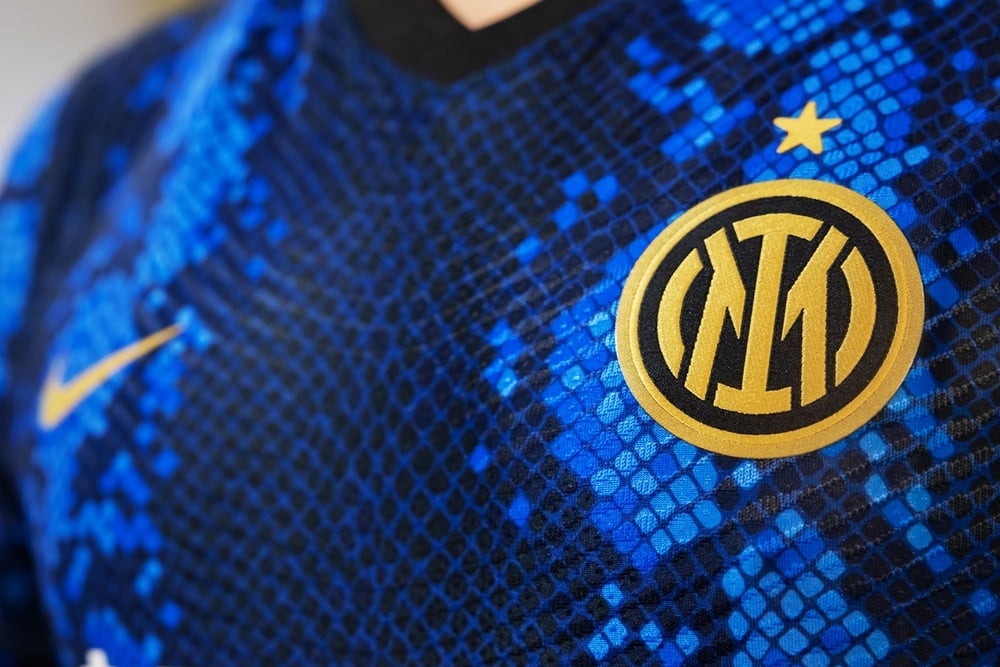
Image Credit: Charnsitr/Shutterstock
With a century-old heritage, Inter Milan boasts 20 Serie A titles and three Champions League wins. After fluctuating fortunes and a string of ownership changes, the club has recently returned to form-reaching the 2023 Champions League final and lifting the domestic title in 2021 and 2024. Inter’s valuation reached $1 billion in 2024 with an annual income of $386 million.
Atletico Madrid: Breaking the Spanish Duopoly
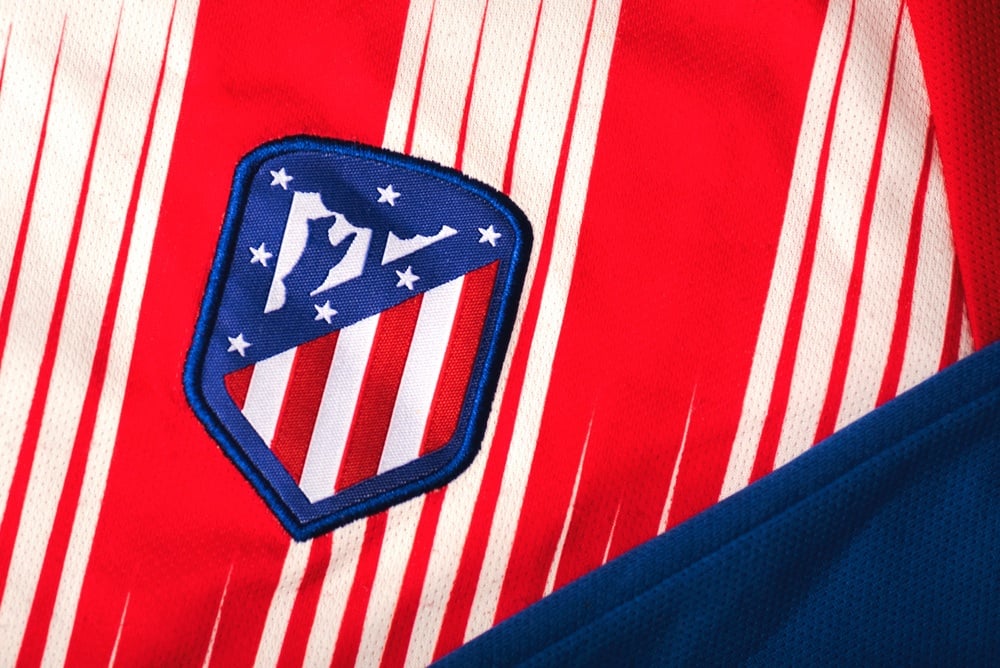
Image Credit: Charnsitr/Shutterstock
Since Diego Simeone’s tenure began in 2011, Atletico Madrid has disrupted the La Liga status quo, regularly challenging Real Madrid and Barcelona. With multiple domestic titles, Europa League triumphs, and Champions League final appearances, Atleti has increased its commercial value-now estimated at $1.6 billion with $372 million in revenue for 2024.
AS Roma: Capital Club with Major Sponsorships
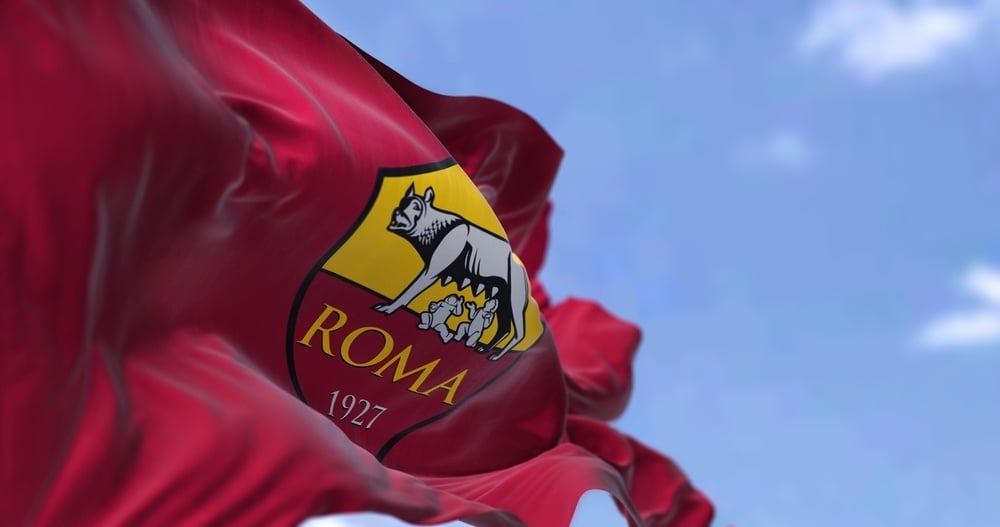
Image Credit: Rarrarorro/Shutterstock
Based in Rome and owned by the Friedkin Group, AS Roma is among Italy’s footballing powerhouses. Valued at $600 million and generating $307 million in revenue for 2024, the club holds sponsorship deals with brands such as Adidas, Zytara, Hyundai, and Riyadh Season, collectively worth over $15 million per year.
Everton FC: Historic Club Eyeing New Growth
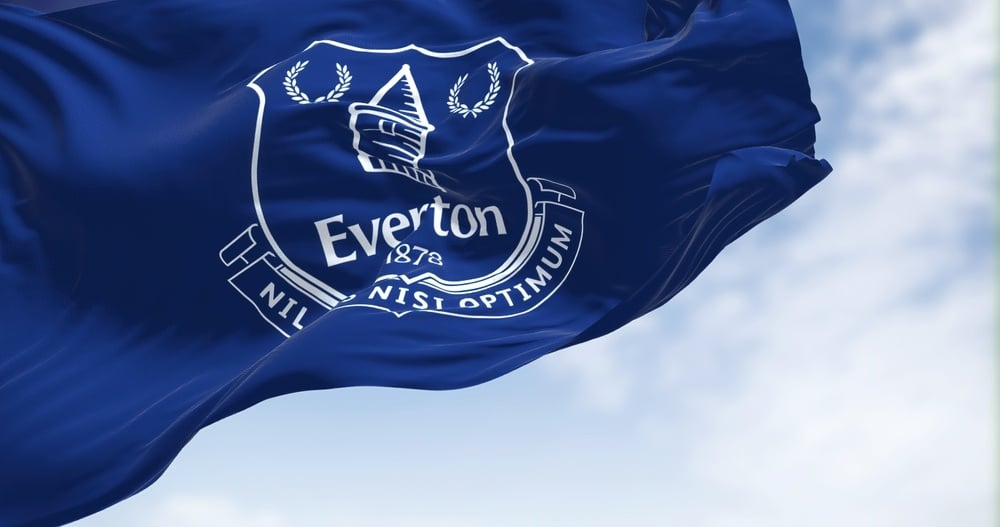
Image Credit: Rarrarorro/Shutterstock
Everton stands out for never having suffered relegation from the Premier League and for its storied legacy in English football. Although it has faced financial challenges, the recent acquisition by the Friedkin Group signals a promising future-especially with planned moves to a state-of-the-art stadium, positioning Everton for renewed commercial and sporting growth.
Key Factors Fueling Financial Dominance in Football
The riches of football’s elite clubs are no accident. Strategic decisions across several areas underpin their enduring success. Let’s explore the primary drivers of their financial ascendancy:
- Ownership Stability: The wealthiest clubs benefit from committed, well-funded owners who provide both capital and a clear vision, enhancing competitiveness and brand value. Examples include Manchester City’s Emirati ownership and PSG’s Qatari backers.
- Sponsorship Partnerships: High-value, long-term deals (such as Bayern Munich’s triad sponsorship with Adidas, Audi, and Allianz) significantly boost income streams and global influence.
- Matchday Revenue: Modern stadiums and world-class fan experiences lead to regular sell-outs and robust ticket income, fueling club coffers and global reputation.
- Youth Development: Clubs like Dortmund, Chelsea, and Manchester City generate revenue by nurturing and selling talented players, supporting both footballing and financial goals.
- Adaptation to Economic Shifts: Top clubs react decisively to global economic changes, shifting ownership, and evolving markets-ensuring their continued dominance regardless of external challenges.
The Evolving Football Wealth Landscape
The clubs in this list represent the current pinnacle of financial clout in football, shaped by decades of achievement, strategic management, and savvy commercial operations. Yet as football’s ecosystem continues to evolve-with new global competitions, changing ownership models, and emerging markets-this elite group may rapidly transform. Clubs like Newcastle United, now owned by the Saudi sovereign wealth fund, are already knocking at the door, and further shifts could see teams from Asia, the Americas, and beyond rise to prominence.
With the advent of international tournaments such as the expanded FIFA Club World Cup and growing leagues like Saudi Pro League and MLS, the future “rich list” of football may become far less Eurocentric. As the sport’s financial powerbase diversifies, the next decade promises continued competition-on the pitch and in the corporate world-for the mantle of football’s richest club.













